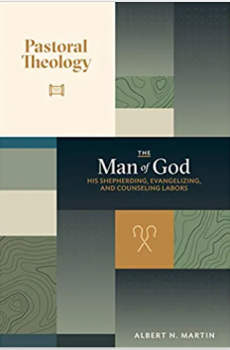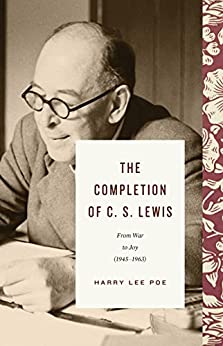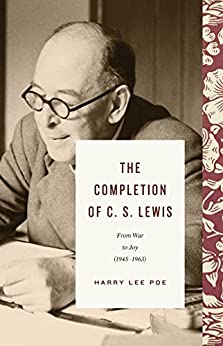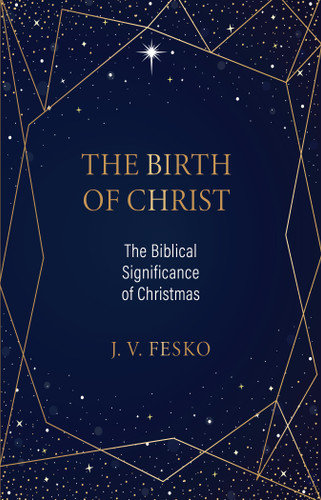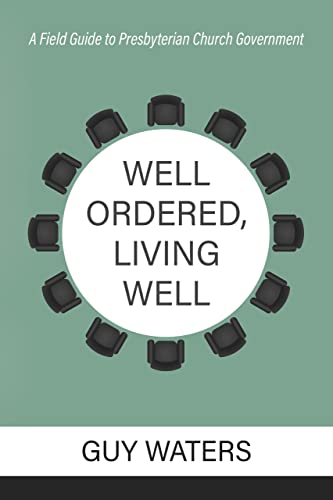Resources on Book Reviews
x I’m keen on Puritan and Reformed works in pastoral theology. At their best, they never separate three indissolubly linked areas of ministerial life: personal piety, preaching, and pastoral care. Albert N. Martin’s three volume work is a notable contribution to this great tradition. Since volume one appeared in 2018, I have made volume one, The Man of God: His Calling and Godly Life, a required text in my first-year Pastoral Ministry course, and have found helpful lecture materials in volume two, The Man of God: His Preaching and Teaching Labors (links to both reviews in Reformed Faith & Practice provided). Martin’s knowledge and use of classic texts in pastoral theology is extensive. I tell students that were they to write down the texts he cites…
Read MoreWhen I finish reading or listening to a book, I add it to my annual “books read” list. My 2022 list is at the end of this post. 2022 Reading Highlights Harry Lee Poe’s The Completion of C. S. Lewis surveys the final eighteen years of Lewis’s life. The author provides concise information about the books and articles, placing them in the context of Lewis’s unfolding life and the broader world of English literature. The circumstances of Lewis’s transition from Oxford to Cambridge are thoroughly reviewed. Attention is given to his many friendships and marriage, late in life, to Joy Davidman Gresham. Regarding Lewis, Helen Gardner wrote, “It was impossible to be indifferent to him” (75). And I am not. His books have enriched…
Read MoreThe Completion of C. S. Lewis: From War to Joy (1945-1963), by Harry Lee Poe. Wheaton, IL: Crossway, 2022, 413 pages, $34.16, cloth. Sometimes work forces me to read. Lectures and sermons must be prepared, and reading is indispensable to the process. Whether I find the reading especially enjoyable or not, the commentaries and theological books and articles must be attended to. But apart from work, I read mostly for pleasure, and Harry Lee Poe’s three-volume biography of Lewis has been for me sheer pleasure. In addition to surveying the life of one of the twentieth century’s great writers and formidable Christian apologists, I have had opportunity during the past year to read for the first time several of Lewis’s…
Read MoreIn his new book, The Birth of Christ, John Fesko gives readers five finely crafted and theologically rich meditations on the meaning our Savior’s birth. I’ll point to but one of the book’s many gems. The Virgin Mary treasured the Old Testament. Its language shaped her praise. Reflecting on the Magnificat, Fesko writes: Bible knowledge is not only for future pastors but for every Christian. Children learn to speak by repeating their parents’ words back to them. We can apply the same principle to the children of God. We learn to speak words of praise by repeating God’s own Word back to Him. Do we know enough Scripture to speak biblically shaped words of praise back to our heavenly Father?…
Read MoreMost of us give little thought to matters of government until order breaks down. When institutions critical to life are poorly governed, people are exposed to danger and deprived of the innumerable benefits that sound structure and skilled leadership produce. This is true of government in the home, in the school, in the community, and in the church. In Well Ordered, Living Well: A Field Guide to Presbyterian Church Government, Guy Waters correctly contends that “we all need church government to live our Christian life well” (ix). The ensuing pages give clear biblical instruction on the church — its members, its officers, its assemblies, and the ordination of men to the offices of the church. About the church’s officers,…
Read MoreA highlight of this semester has been reading and discussing these books with four students at Reformed Theological Seminary, Jackson. With the exception of Southern Presbyterian Leaders, we read all books in their entirety. Rereading David Calhoun’s two-volume history of old Princeton was especially rewarding. The piety of its professors, the plan of the seminary, and its commitment to preparing theologically minded and biblically grounded pastors makes its history timely for anyone who cares about the future of the Presbyterian church in the United States. At various time, students mentioned various publications of Log College Press. I am grateful for its efforts to keep in print notable works by Presbyterians of the eighteenth and nineteenth centuries.
Read More